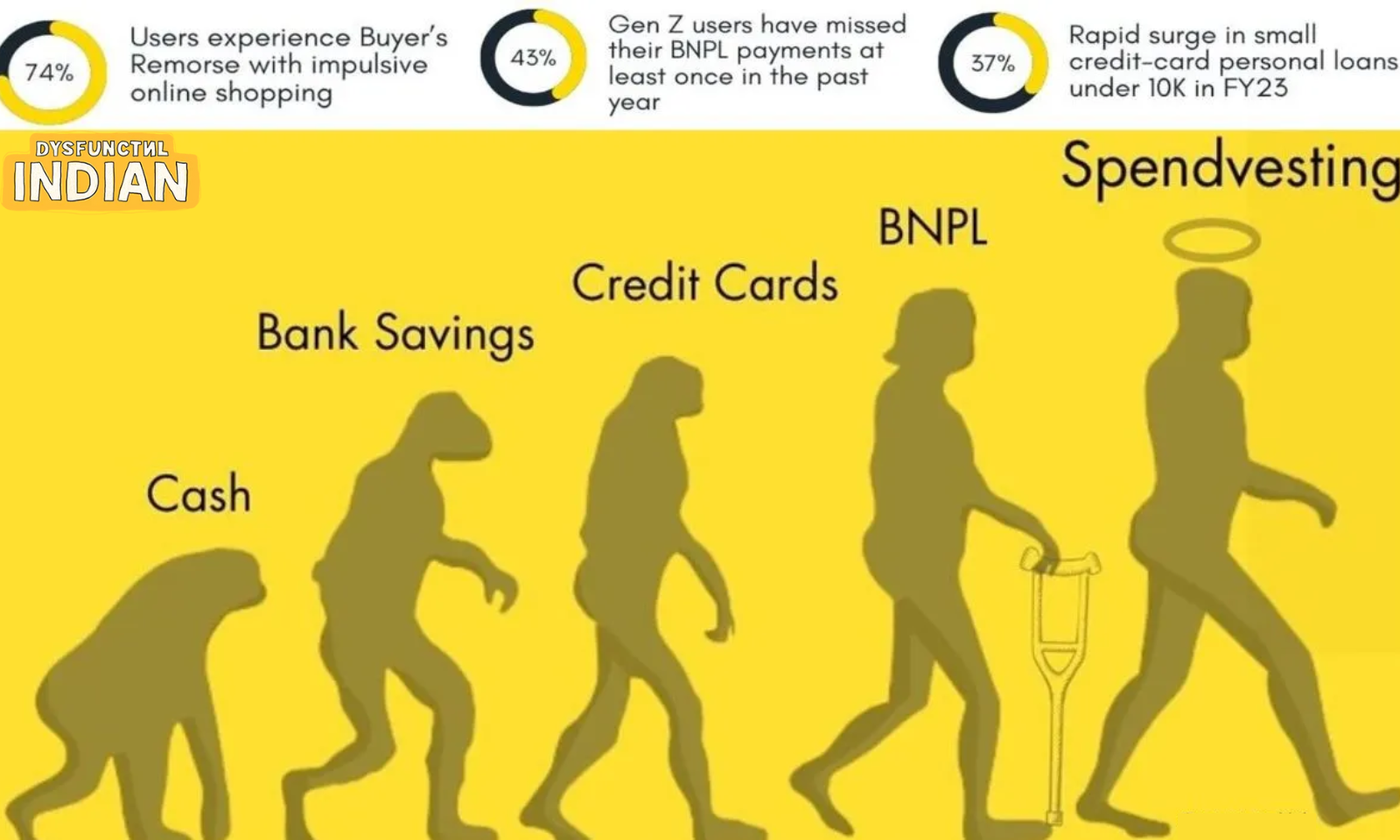Chasing Balance While Dithering on the Edge
Posted by admin on 2024-11-15 |

Work-life balance—a term that promises harmony yet often feels like a mirage in the desert of modern living. As we juggle long work hours, family responsibilities, and personal aspirations, the pursuit of this balance can seem overwhelming. But is the concept inherently flawed, or are we going about it the wrong way?
A Historical Perspective on Work-Life Balance
The term "work-life balance" gained prominence in the 1980s as corporate work culture began to dominate lives in industrialized nations. However, in India, the dynamics were different. For centuries, agricultural and joint-family systems naturally integrated work and personal life. Everyone contributed to the household, and roles were fluid.
The shift came with urbanization and the rise of the service industry. By the 2000s, Indians were clocking some of the longest working hours globally. According to the OECD, the average Indian worked over 2,100 hours annually, far above the global average of 1,700 hours. This staggering figure reflects how the traditional rhythm of life has been disrupted.
Why Work-Life Balance Is So Hard to Achieve
Technology: A Double-Edged Sword
The advent of smartphones and remote work tools has blurred the boundaries between professional and personal life. A 2022 study by LinkedIn revealed that 47% of Indian professionals felt overworked due to constant connectivity.
While technology enables flexibility, it also creates the expectation of 24/7 availability, turning homes into makeshift offices and weekends into workdays.
Cultural Norms and Societal Pressures
Indian society places high value on professional success. A good job is not just an individual milestone but a family achievement. However, this emphasis often leads to burnout.
Women, in particular, face a "second shift," where they balance demanding careers with household responsibilities. The National Sample Survey Organization (NSSO) data shows that women spend five hours daily on unpaid domestic work, compared to just one hour for men.
Gig Economy and Job Insecurity
With the rise of freelancing and gig jobs, the idea of a stable 9-to-5 has become obsolete for many. While flexibility is a benefit, irregular work hours and income uncertainty make achieving balance even harder.
The Psychological Toll
The constant struggle to balance work and life takes a significant toll on mental health. A 2021 survey by the WHO revealed that India accounted for nearly 15% of the global mental health burden, with workplace stress being a major contributor.
Sleep deprivation, anxiety, and strained relationships are common symptoms. Paradoxically, the very pursuit of work-life balance can become a source of stress, as people feel guilty for failing to achieve it.
Is Work-Life Balance a Myth?
Perhaps the term itself sets us up for failure. Life is messy and unpredictable, and balance implies perfection. Instead of chasing an ideal, embracing the ebb and flow of life might be the key.
As Ratan Tata once said, "Ups and downs in life are very important to keep us going, because a straight line even in an ECG means we are not alive." Balance doesn’t mean a flat line; it means adapting to the curves.









